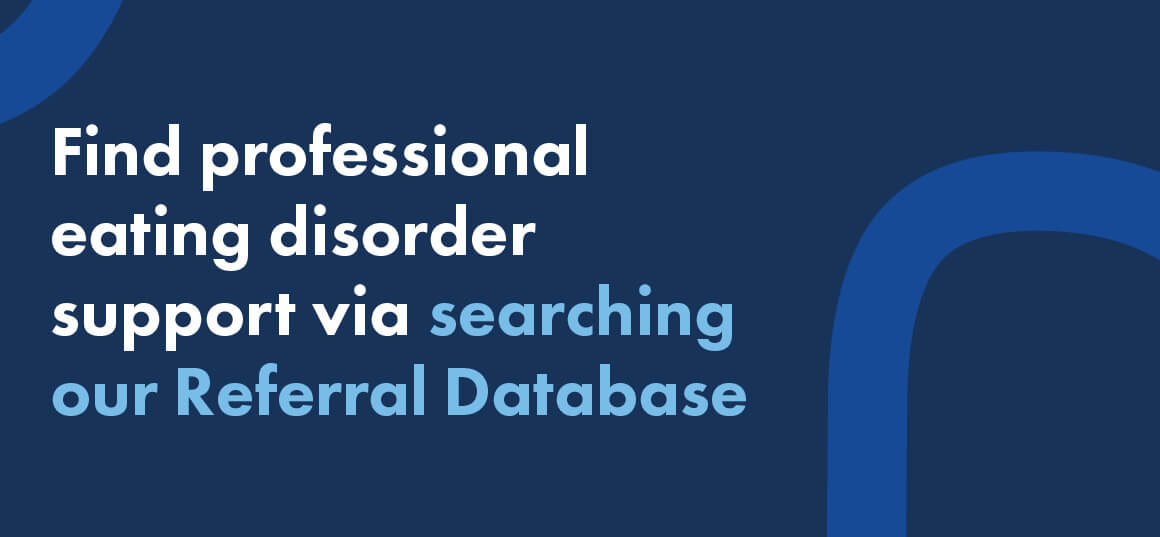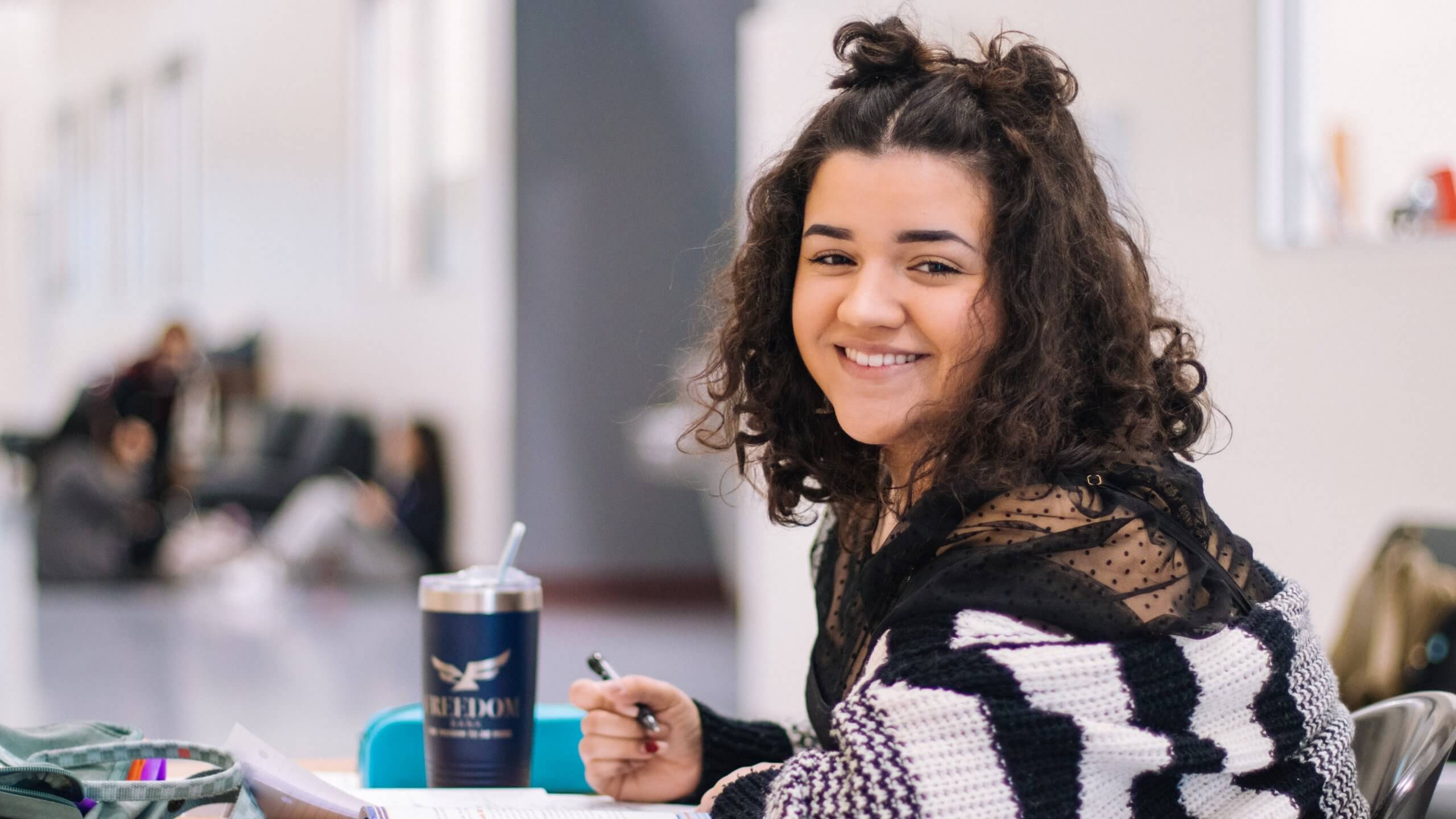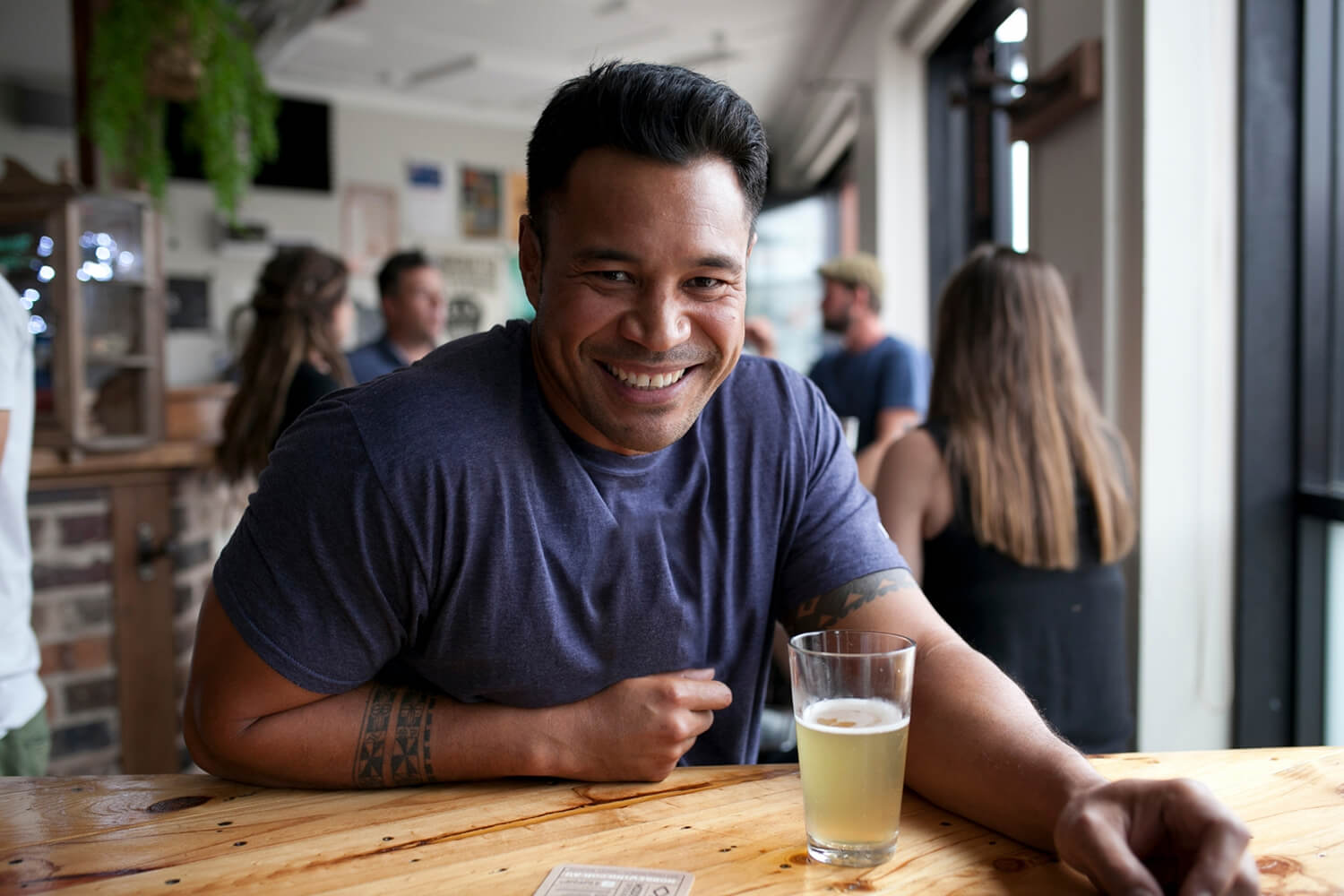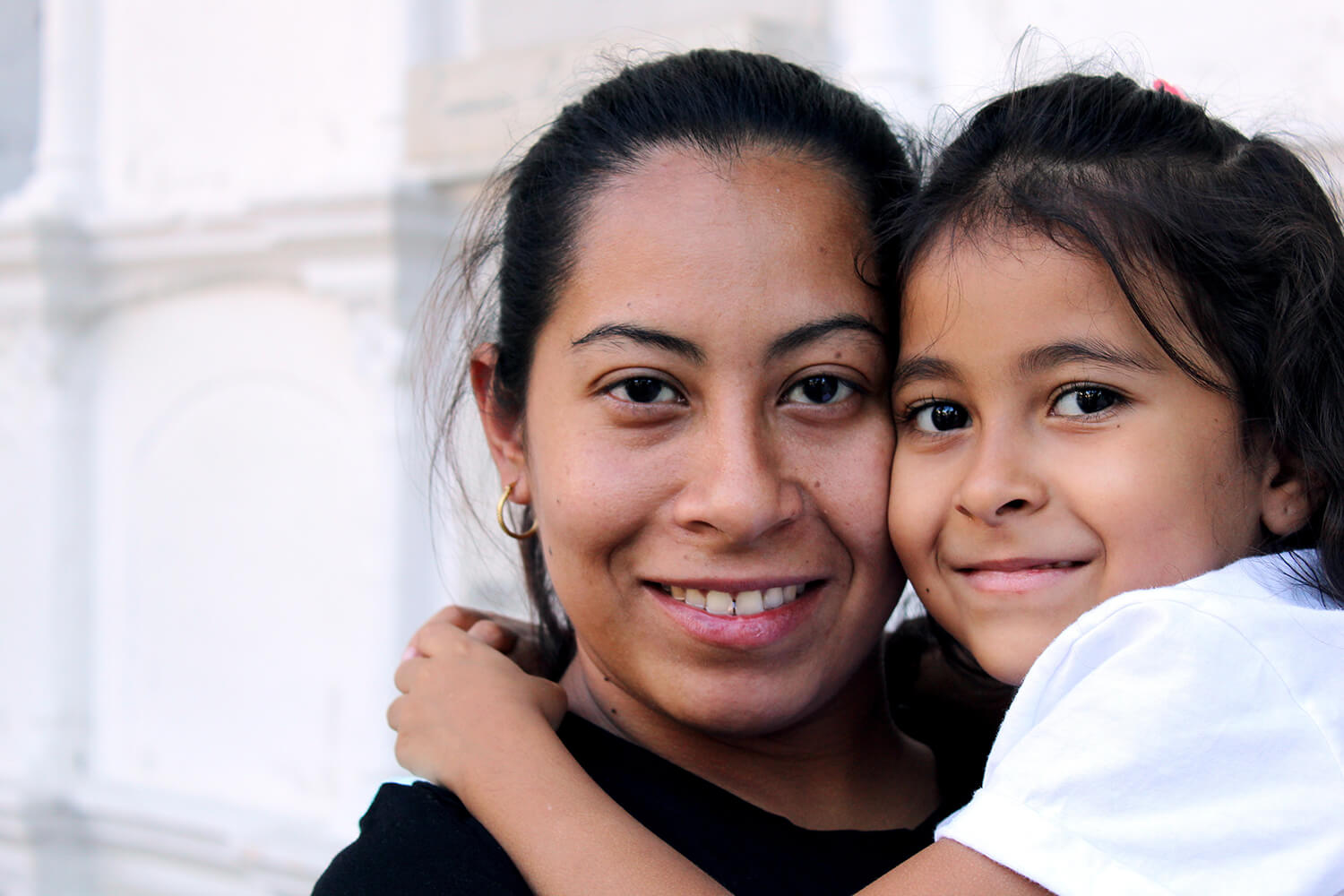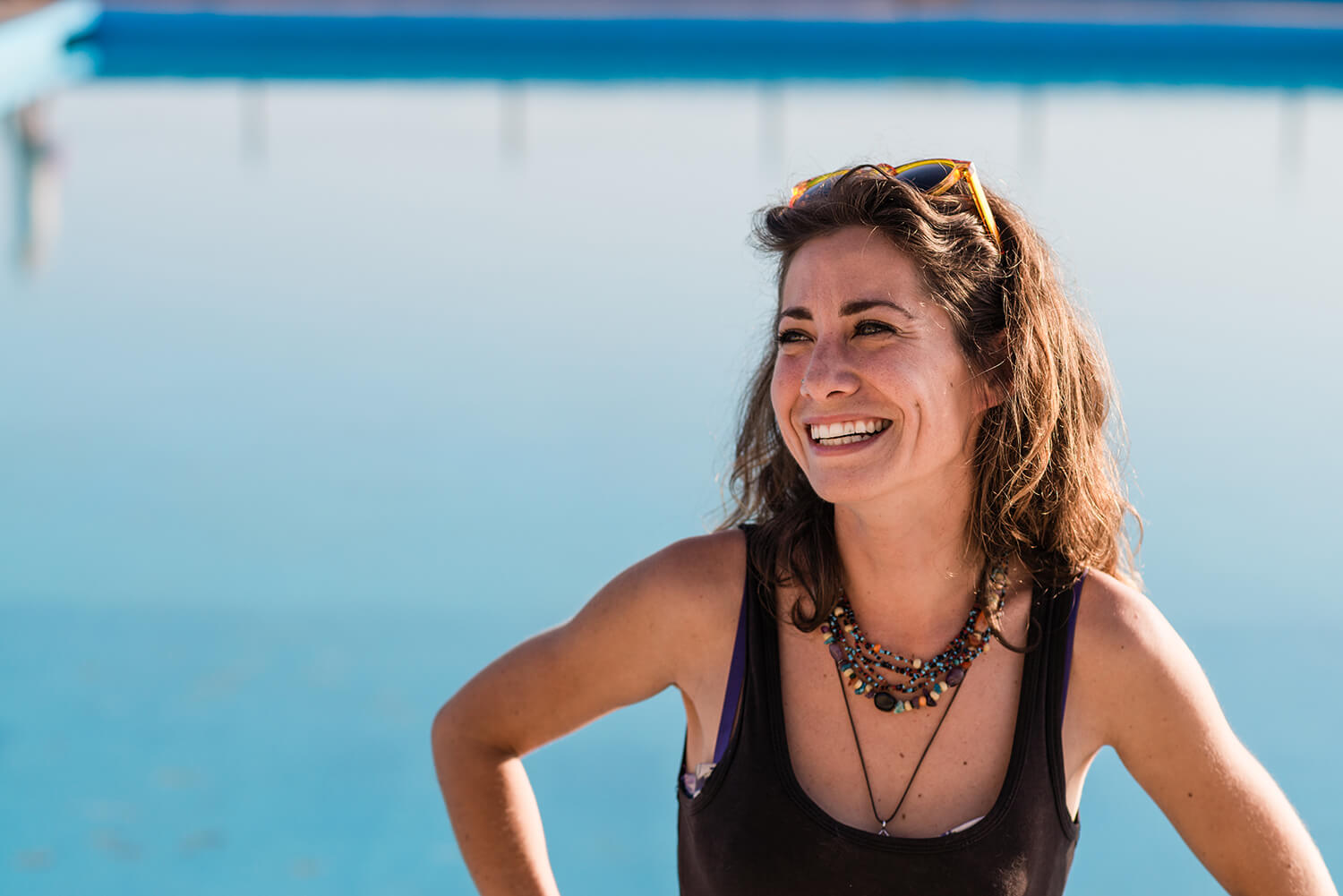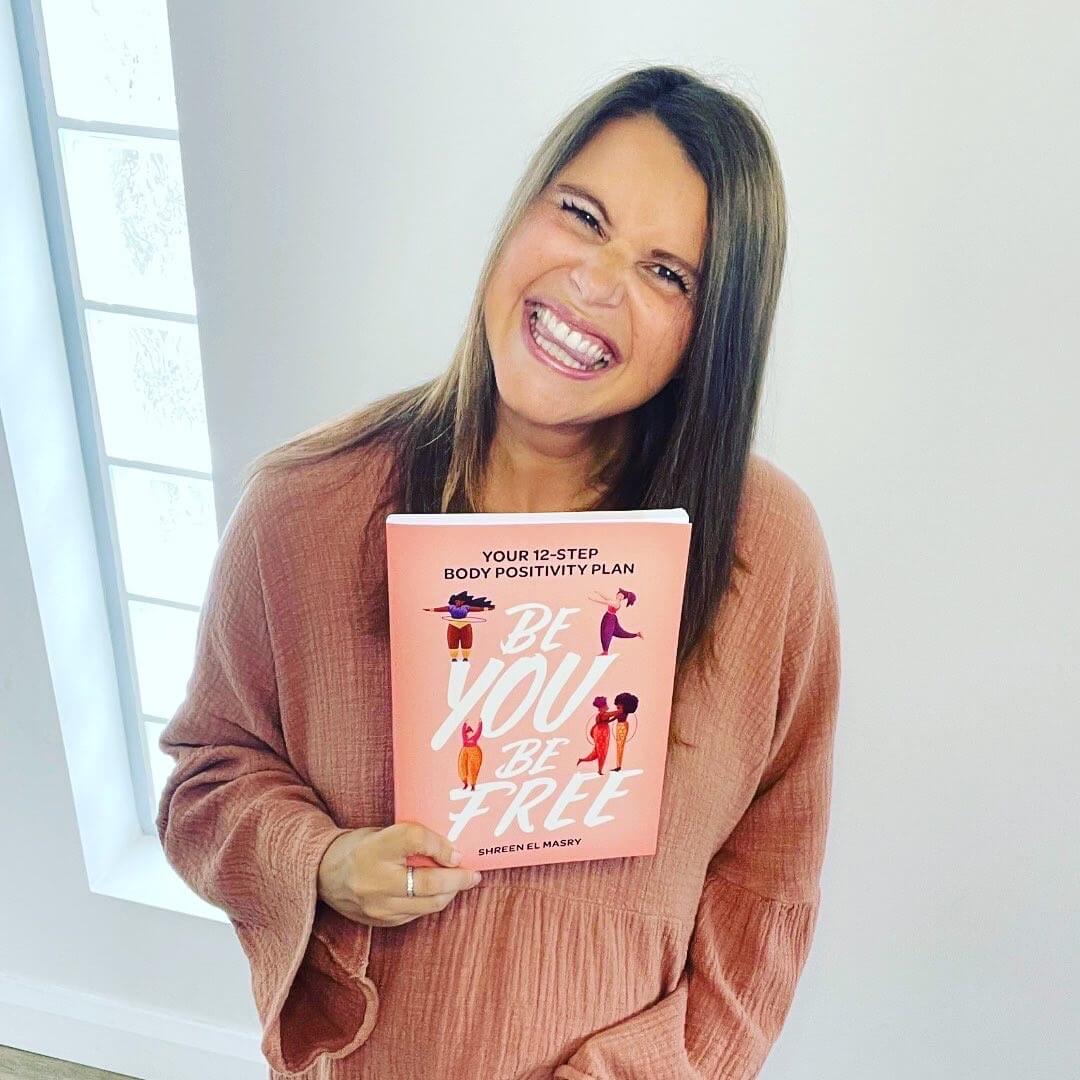How dietitians can help eating disorder recovery
My name is Alex, and I’m fortunate enough to work as an accredited practicing dietitian for River Oak Health in Brisbane.
If you’re reading this, and you are somebody living with, caring for, or know somebody experiencing an eating disorder, I encourage you to hold hope that full recovery is possible.
A key component to recovering from an eating disorder is rebuilding a healthy, compassionate relationship with food – look no further than an accredited practising dietitian to be able to help you with this.
I lived with disordered eating from the young age of 11 years old, through to my early 20’s. I experienced severe bouts of anorexia when I was 11, and again when I was 14 years old. I have learnt so very much about my eating disorder, and continue to do so today.
My favourite quote to describe my eating disorder experience is from Carolyn Costin- “It’s not about the food, but it is about the food”- (adapted).
For me, and for so many people who live with eating disorders, eating disorder behaviours are ways of coping with deeper mental health experiences, and external life environments which are extremely challenging to live with.
In the process of living with an eating disorder, one’s relationship with food is significantly strained from the intuitive, compassionate one we are born with, and this requires healing throughout the process of recovery.
I was so very fortunate to see a dietitian throughout my recovery journey.
He was instrumental in my recovery journey, through:
- Helping me learn to nourish myself in the way my body needed, rather than how my eating disorder dictated things.
- Setting firm boundaries against my eating disorder, calling my eating disorder out throughout treatment, but maintaining compassion and support the entire time, validating how difficult my experience was.
- Displaying trust in me throughout my journey, and enabling me to progressively gain more autonomy, as I worked hard to display I was invested in recovery.
My dietitian was one of the main sources of inspiration for me to pursue studying to become a dietitian.
Why are you passionate about now working as a dietitian helping people with eating disorders?
Through recovering from my own eating disorder, I was able to regain connection with my passion for food and nutrition. Where the eating disorder became parasitic previously (and drove me to become obsessed/preoccupied with food), I am now able to enjoy everything which wonderful food has to offer, without it dominating my life anymore.
Working as a dietitian enables me to do this in different ways every day, with a wide variety of different people.
What I enjoy most about helping people in earlier phases of recovery is providing empathy and a listening ear which the person may have not experienced before. The most rewarding part of my job isn’t necessarily seeing change be produced itself, rather seeing a person develop hope in recovery and rebuilding their relationship with food, which they previously may not have had.
I am always thoroughly grateful for helping people to learn to challenge their eating disorder voice, as they re-learn to permit themselves to nourish their bodies with the nutrition they need.
This includes people developing the confidence to increase their intake, challenge themselves with fear foods and in social eating situations, and ultimately remember how liberating it is to eat without the pressure and fear from an eating disorder.
My aim is to always encourage people to have 1 foot outside their comfort zone at a time- growth and recovery is meant to be scary and challenging, however I empathise that too much all at once can also be ineffective.
In future I aim to pursue further study in the space of counselling and psychology for people with eating disorders, however for now I will continue working passionately in the space of food and nutrition.
More broadly, how can dietitians help people develop healthy relationships with food and eating and overcome eating disorders?
Dietitians in the eating disorder space often work with a framework called the RAVES model.
RAVES is an acronym (Regularity, Adequacy, Variety, Eating Socially, Spontaneity) developed by my incredible boss, Shane Jeffrey, which helps people rebuild a healthy relationship with food in a stage-wise manner.
Phase 1 focuses on nutritional rehabilitation, where someone focuses on building a regular eating pattern that is adequate (enough) for their requirements.
Phase 2 focuses on improving someone’s quality of life, which enables them to broaden their variety of foods they eat, re-incorporate previously enjoyed foods their ED took away, re-develop a sense of confidence and autonomy in social eating situations, and to be able to be flexible and spontaneous in their food intake again.
Throughout this process, dietitians aim to help people challenge potentially long standing beliefs rooted in diet culture and nutrition misinformation, and will help people build ‘armour’ up against these rubbish messages. Unfortunately they will always be out there, but part of recovery is learning to challenge them, and give them no further positive air time.
If you are in recovery, these are some of the things which helped me most:
- Finding intrinsic motivators (reasons important to ME), for me choosing to work hard and recover from my ED
- Learn to talk back to your ED and hear it as something annoying, rather than trying to ‘fight and get rid’ of it.
- Stop seeking full recovery straight away- take one little step at a time, as hard as this is.
- Reach out to others, rather than your ED – you’re not alone.
- Surround yourself with people who value you for who you are as a person & shares similar core values.
Written by Alex Rodriguez
Alex (he/him) is an accredited practicing dietitian who practices with genuine empathy, curiosity and compassion for his clients. He holds a significant passion for the eating disorders space, stemming in part from his own lived experience of recovering from an eating disorder. He firmly believes that full recovery is possible for everybody, and re-building one’s relationship with food is one of the many special pieces of the recovery journey. You can find out more about Alex and his work with River Oak health here.
Get support
If you are struggling with your relationship to eating, food or your body, reach out for help as soon as you think something might be wrong. Connect with Butterfly’s National Helpline for free counselling and advice for eating disorders and body image concerns, 7 days a week, 8am-midnight (AEDT).
Call 1800 ED HOPE (1800 33 4673), chat online or email support@butterfly.org.au
Find a professional
The first step to recovery from an eating disorder or body image issue is often seeing a health professional, such as your GP. Butterfly’s Referral Database can help you search for health professionals, including dietitians, who are qualified in treating and support eating disorders.









